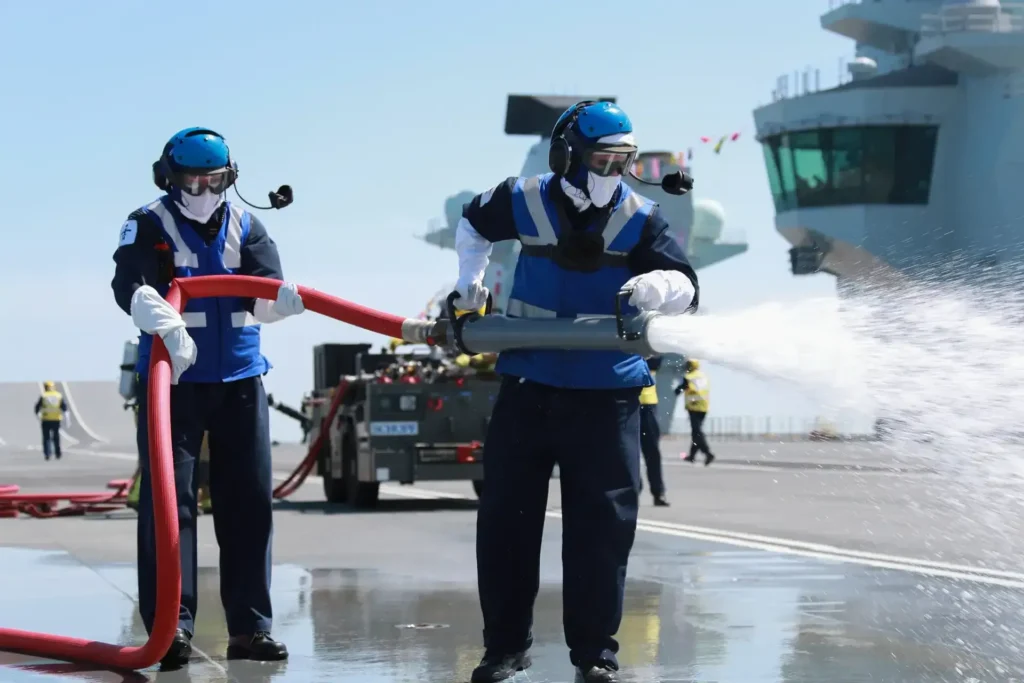The Hong Kong Convention (HKC) has recently been ratified and will come into effect 26 June 2025. The regulations set progressive requirements to ensure that ships, when disposed, do not pose any unnecessary risk to human health or the environment.
What is it?
The Hong Kong International Convention for the Safe and Environmentally Sound Recycling of Ships (2009) – more commonly referred to as the Hong Kong Convention (HKC) – was adopted at a diplomatic conference held in China, in 2009. Delegates from 63 countries were presented with the international treaty aimed at ensuring safe and environmentally friendly recycling of ships. It establishes standards for ship recycling, focusing on the safety of workers and the environmentally sound management of hazardous materials during the process.
Despite the Convention first being presented in 2009, ratification of the HKC has only been achieved this year with the introduction of Liberia and Bangladesh, who have become Contracting States to the Convention. The introduction of these States satisfies the requirement that no less than 15 States, representing 40% of world merchant shipping by gross tonnage, have either signed it without reservation as to ratification, acceptance, or approval, or have deposited instruments of ratification, acceptance, approval, or accession with the Secretary-General. Furthermore, the combined maximum annual ship recycling volume of those States must, during the preceding 10 years, constitute no less than 3% of their combined merchant shipping tonnage.
What does it mean?
Although criticized for not banning the process of ‘beaching’ (intentionally grounding a vessel on a beach or in shallow water) and not exerting downstream hazardous waste management requirements, the HKC does place responsibilities and obligations on all stakeholders concerned, including ship owners, ship building yards, ship recycling facilities and the vessel’s flag state.
More specifically, the HKC regulations embrace the ‘cradle-to-grave’ concept. This includes the design, construction, operation, and preparation of ships to facilitate safe and environmentally sound recycling without compromising the safety and operational efficiency of ships; the operation of ship recycling facilities in a safe and environmentally sound manner; and the establishment of an appropriate mechanism for ship recycling, incorporating certification and reporting requirements.
All authorised recycling facilities will be required to provide Ship Recycling Plans for each vessel recycled, and each ship must also carry a certified Inventory of Hazardous Materials (IHM) onboard.
The IHM is a structured system to control hazardous materials onboard ships and is necessary to achieve compliance with both EU Ship Recycling Regulation (EU SRR) and the Hong Kong Convention (HKC) for the Safe and Environmentally Sound Recycling of Ships. Following the ratification and entry into force of the HKC, all new ships will be required to have certified IHMs that must be maintained and recertified at specified intervals. Existing ships will need to obtain an IHM within 5 years of the HKC coming into force.
How can we help?
With a wealth of experience in hazardous materials assurance reporting for defence maritime vessels, Safeguard Engineering can assist with the production, maintenance and recertification or survey of IHM’s. Ship owners and operators can be confident that their vessels remain compliant with the HKC, and other applicable legislative instruments such as the EU SRR, throughout the ship’s life.





